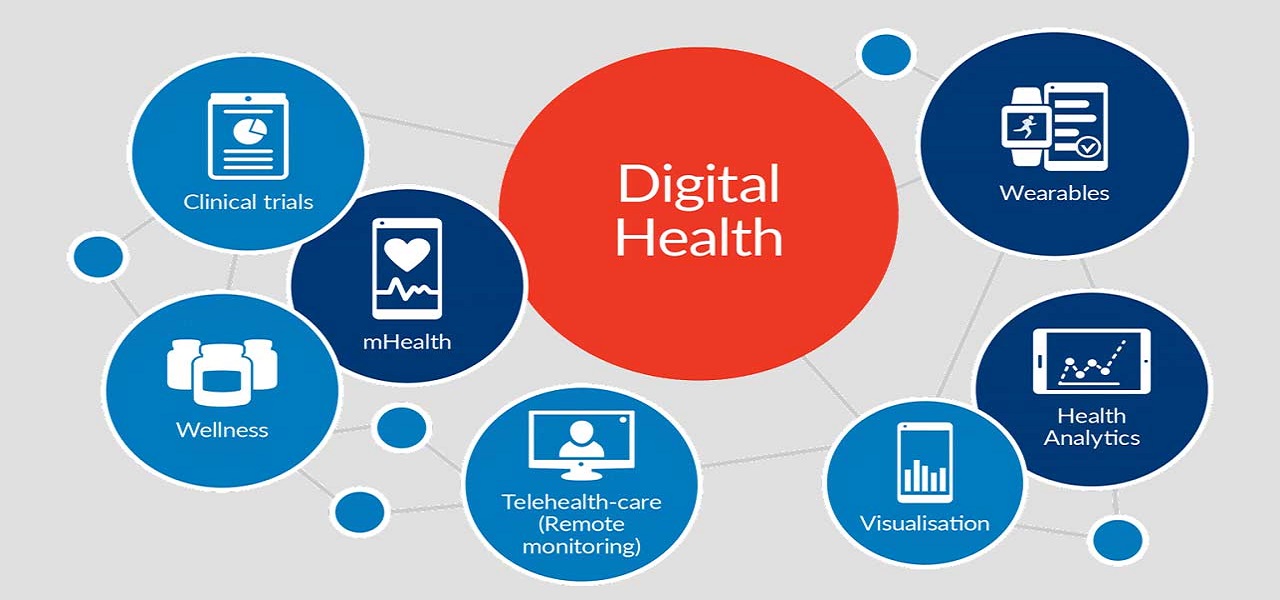Understanding submission strategies for class II devices under US regulations

To market any healthcare product in a specific country, adhering to discrete country regulations are mandatory. Similar to drugs, medical devices in United States (US) follows various review processes for approval based on their classification.
US Food and Drug Administration (FDA) classifies medical devices into three classes’ viz., class I, class II, and class III based on the level of control needed to provide an equitable assurance of its safety and effectiveness. As the device class increase, regulatory controls also increase, with class I being the least and class III being the most.
The investigational device undergoes review process by the FDA or deemed exempt based on the device class. As we are concentrating only on class II devices, the pathway which is followed for approval is 510(k) or Pre Market Notification (PMN). In this pathway, the sponsor must demonstrate that the investigational device is “substantially equivalent” to a predicate device in terms of intended use, technological characteristics, and performance testing, as needed. Usually, 510(k) does not require clinical trials to demonstrate substantial equivalence to a predicate device.
In few cases, clinical trials would be required if the risks are significant. In this process, an Investigational Device Exemption (IDE) will be obtained to conduct clinical trials which enable the manufacturer to collect the safety and performance data of the device required to support 510(k) submission. The study should be approved by an Institutional Review Board (IRB) before the initiation of clinical trial.
Devices that comply with the requirements put forth in the approval process are considered to be cleared. After the FDA clearance, the subject device can be marketed for patients use in United States.
Once the device is in market, the FDA monitors the safety and performance of the device based on the complaints received from the customers. Manufacturers shall have post market surveillance specific to device to ensure that the product is in compliance with the claims made during the submission.
We at KN consulting help the manufacturers to get the approval for class II medical devices via 510(k) process.





